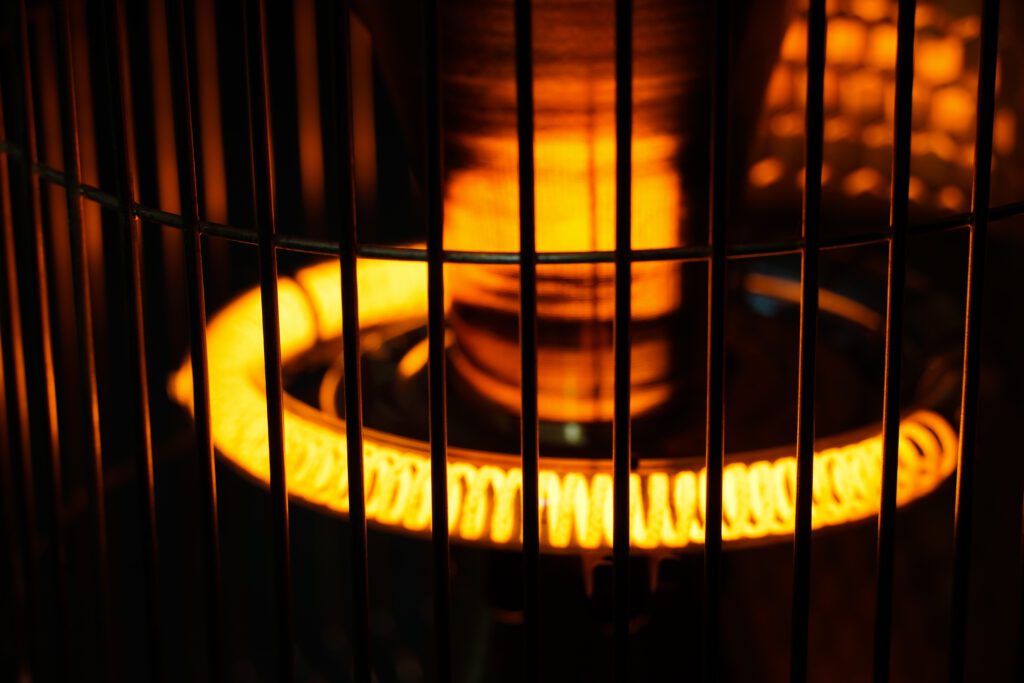Keeping your heating system in top condition is essential for ensuring optimal comfort and safety in your Martinsburg, WV home. Regular maintenance can also help you save on energy bills and prevent costly repairs. In this article, we will discuss some valuable tips to help you maintain your heating system effectively.
Understanding Your Heating System
Before diving into maintenance tips, it’s important to have a basic understanding of how your heating system works. In Martinsburg, WV, there are various types of heating systems commonly found in residential properties.
Heating systems play a crucial role in keeping your home warm and comfortable, especially during the cold winter months in Martinsburg, WV. Understanding the different types of heating systems available can help you make informed decisions about maintenance and upgrades for your home.
Types of Heating Systems in Martinsburg, WV
The most common types of heating systems in Martinsburg, WV, include:
- Furnaces: These systems blow heated air through ducts to distribute warmth throughout your home.
- Heat Pumps: Heat pumps extract heat from the outdoor air or ground and transfer it indoors to heat your home.
- Boilers: Boilers use water or steam to distribute heat through radiators, baseboard heaters, or radiant floor systems.
Each type of heating system has its own set of advantages and considerations. For example, furnaces are known for their quick and efficient heating capabilities, while boilers provide consistent warmth and can be more energy-efficient in certain situations. Heat pumps offer both heating and cooling functions, making them versatile options for year-round comfort.
Key Components of a Heating System
Regardless of the type of system you have, it is comprised of several key components, including:
- Thermostat: This device controls the temperature and allows you to adjust it according to your comfort.
- Heat Exchanger: The heat exchanger transfers heat from the heating source to the air or water.
- Air Filters: Filters trap dust, dirt, and other particles, improving indoor air quality and system efficiency.
Regular maintenance of these key components is essential to ensure your heating system operates efficiently and effectively. Checking and replacing air filters, inspecting the heat exchanger for any signs of damage, and calibrating the thermostat for optimal performance are all important tasks to include in your heating system maintenance routine.
Importance of Regular Heating System Maintenance
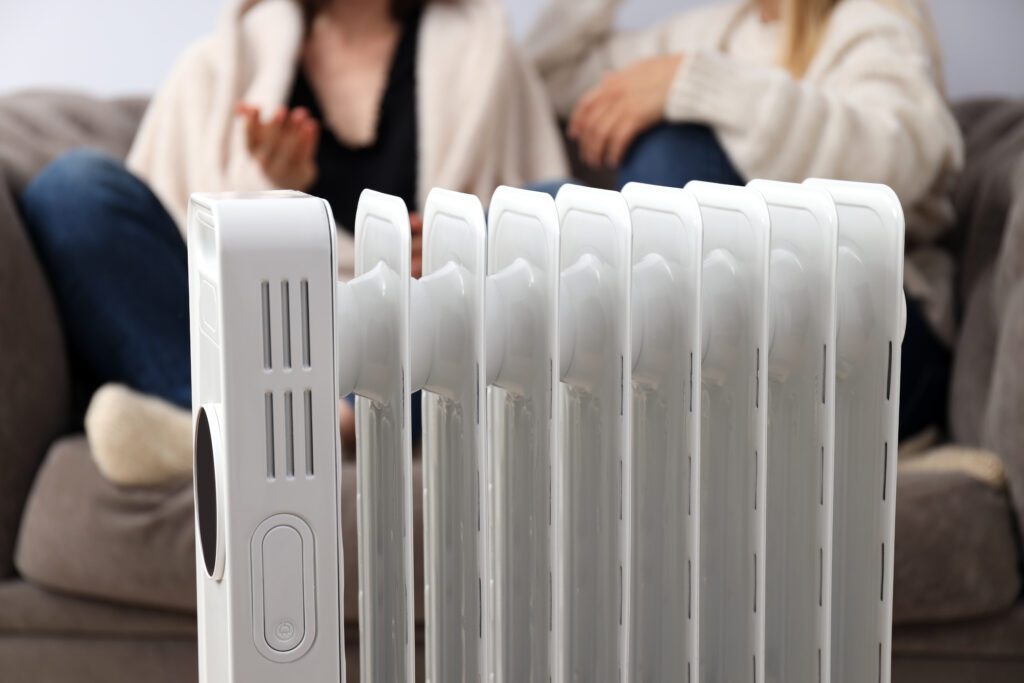
Regular maintenance is crucial for keeping your heating system in peak condition. It offers numerous benefits, such as:
Enhancing System Efficiency
A well-maintained heating system operates more efficiently, leading to lower energy consumption and reduced utility bills. Proper maintenance includes cleaning and lubricating components, inspecting and tightening electrical connections, and ensuring proper airflow.
Prolonging the Lifespan of Your Heating System
By regularly maintaining your heating system, you can extend its lifespan. Routine inspections help identify potential issues early on, allowing for prompt repairs that can prevent more significant damage down the line.
Moreover, regular maintenance can also contribute to improved indoor air quality. A well-maintained heating system ensures that the air circulating in your home is clean and free of pollutants. Filters that are changed regularly during maintenance prevent dust, allergens, and other particles from being circulated throughout your home.
Enhanced Safety and Peace of Mind
Another critical aspect of regular heating system maintenance is ensuring the safety of your home and family. During maintenance checks, technicians can detect any potential safety hazards, such as gas leaks or carbon monoxide issues, and address them promptly. This proactive approach not only keeps your heating system running smoothly but also provides you with peace of mind knowing that your family is safe.
DIY Maintenance Tips for Your Heating System
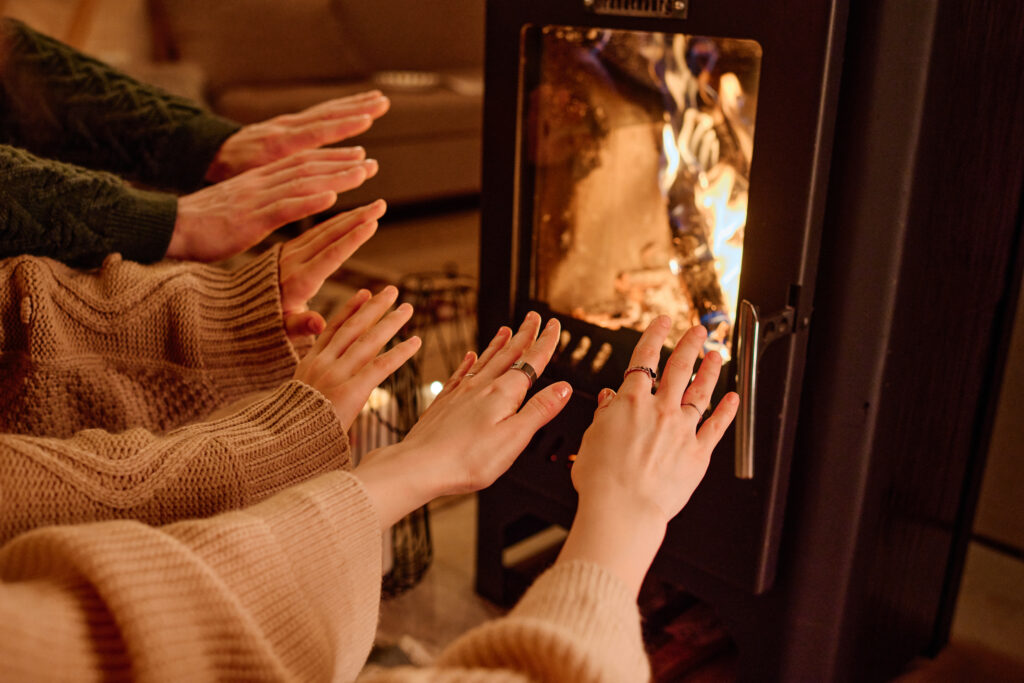
While some tasks are best left to professionals, there are several maintenance tasks you can perform yourself to keep your heating system in top shape.
One additional important DIY maintenance task is checking the thermostat settings. Ensure that your thermostat is set to the desired temperature and is functioning correctly. Incorrect settings or a malfunctioning thermostat can lead to uneven heating in your home and unnecessary energy consumption. By verifying the settings and calibrating your thermostat, you can enhance the efficiency of your heating system.
Cleaning and Replacing Filters
Dirty filters can restrict airflow, reducing system efficiency. Regularly clean or replace filters according to the manufacturer’s recommendations. This simple task can significantly improve indoor air quality and prevent unnecessary strain on your system.
Moreover, another crucial maintenance step is inspecting and cleaning the vents and registers throughout your home. Dust and debris can accumulate in these areas, obstructing airflow and diminishing the effectiveness of your heating system. By vacuuming or wiping down vents and registers, you can ensure proper air circulation and maintain a comfortable indoor environment.
Checking for Leaks and Damage
Inspect your heating system, including ductwork and pipes, for any signs of leaks or damage. Leaks can cause energy loss and lower system efficiency. Addressing leaks promptly ensures your system functions optimally and prevents further damage.
In addition to checking for leaks, it is advisable to examine the exterior of your heating unit for any obstructions or debris. Over time, leaves, branches, or other outdoor elements can accumulate around your system, hindering proper airflow. Clearing any obstructions around your unit promotes efficient operation and reduces the risk of potential malfunctions.
When to Call a Professional
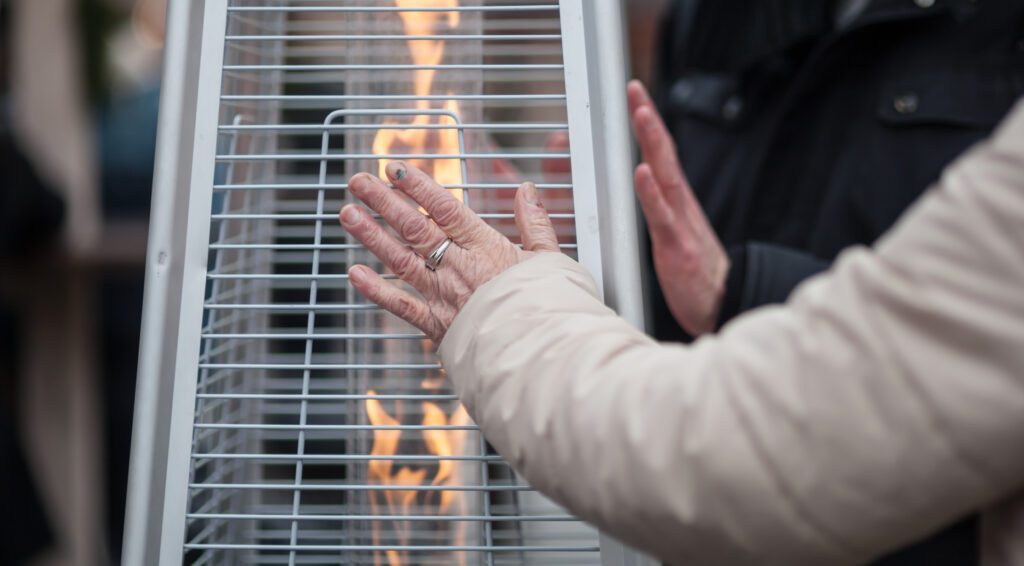
While DIY maintenance is beneficial, certain situations require professional attention to ensure safety and proper functioning of your heating system.
It’s essential to understand when it’s time to call in the experts for your heating system. While minor issues can often be tackled with some DIY know-how, more significant problems may require the skills and expertise of a professional technician. Knowing the signs that indicate your system needs professional attention can save you time, money, and potential safety hazards in the long run.
Signs Your Heating System Needs Professional Attention
If you notice any of the following signs, it’s time to call a professional:
- Unusual noises coming from your heating system
- Inconsistent temperatures throughout your home
- Increased energy bills without any apparent cause
- Frequent cycling on and off
These signs could indicate underlying issues that, if left unaddressed, may lead to more significant problems down the line. By seeking professional help promptly, you can ensure that your heating system operates efficiently and effectively, keeping your home comfortable throughout the year.
Choosing a Reliable Heating System Service in Martinsburg, WV
When selecting a professional heating system service, consider factors such as experience, reputation, and licensing. Reading customer reviews and seeking recommendations from neighbors can help you find a reliable service provider who understands the unique needs of Martinsburg, WV homes.
Additionally, a reputable heating system service will offer transparent pricing, clear communication, and prompt responses to your inquiries. By choosing a reliable professional, you can have peace of mind knowing that your heating system is in good hands and will receive the care it needs to function optimally.
Preparing Your Heating System for Winter
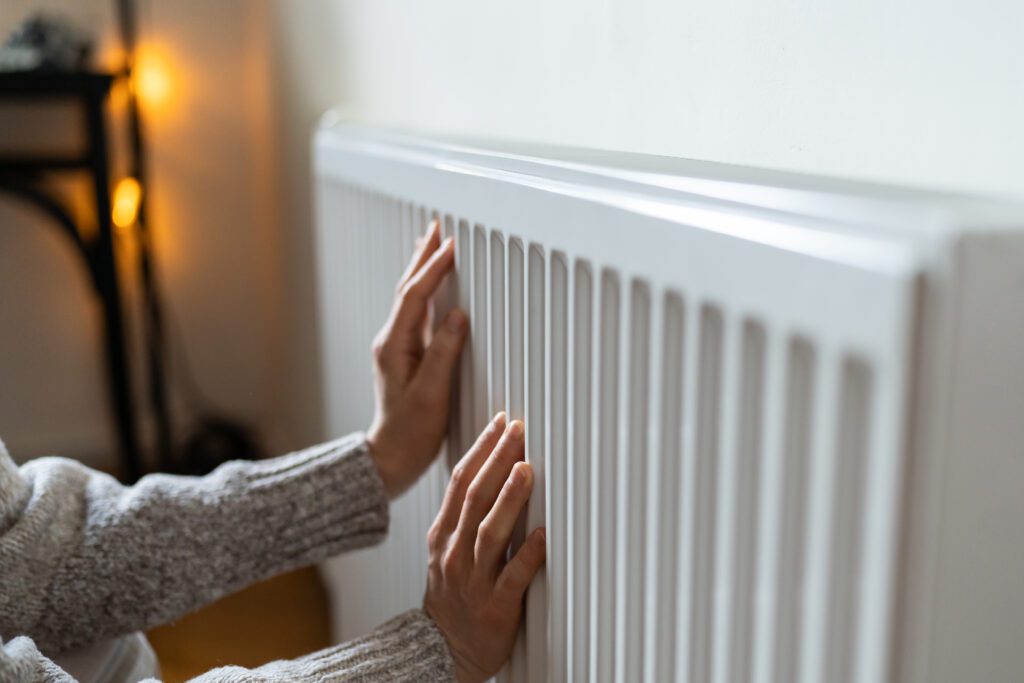
With harsh winter temperatures in Martinsburg, WV, it’s crucial to prepare your heating system for the season ahead. The last thing you want is to be left in the cold when the temperatures drop, so taking proactive steps to ensure your heating system is in top condition is essential.
One of the first things you should do to prepare for winter is to schedule a professional inspection and tune-up of your heating system. A trained technician can identify any potential issues and make sure your system is running efficiently before the cold weather sets in.
Steps to Winterize Your Heating System
Follow these steps to ensure your heating system is ready for the cold months:
- Schedule a professional inspection and tune-up before winter arrives.
- Clear the area around your heating system of any debris or flammable items.
- Check and replace the batteries in your thermostat, if applicable.
- Ensure that your home’s insulation is sufficient to minimize heat loss.
Additionally, it’s important to clear the area around your heating system of any debris or flammable items. This not only ensures the safety of your system but also allows for proper airflow, which is essential for efficient operation.
The Role of Insulation in Heating Efficiency
Good insulation is crucial for maintaining a warm and energy-efficient home. Make sure your attic, walls, and windows are properly insulated to reduce heat loss. Consider adding weatherstripping around doors and windows to seal any drafts and prevent cold air from entering your home.
By following these heating system maintenance tips, you can ensure the comfort, efficiency, and longevity of your heating system throughout the year. Remember, when in doubt, don’t hesitate to consult a professional for expert service and advice. Taking these steps now can help you avoid costly repairs and ensure your home stays warm and cozy all winter long.

